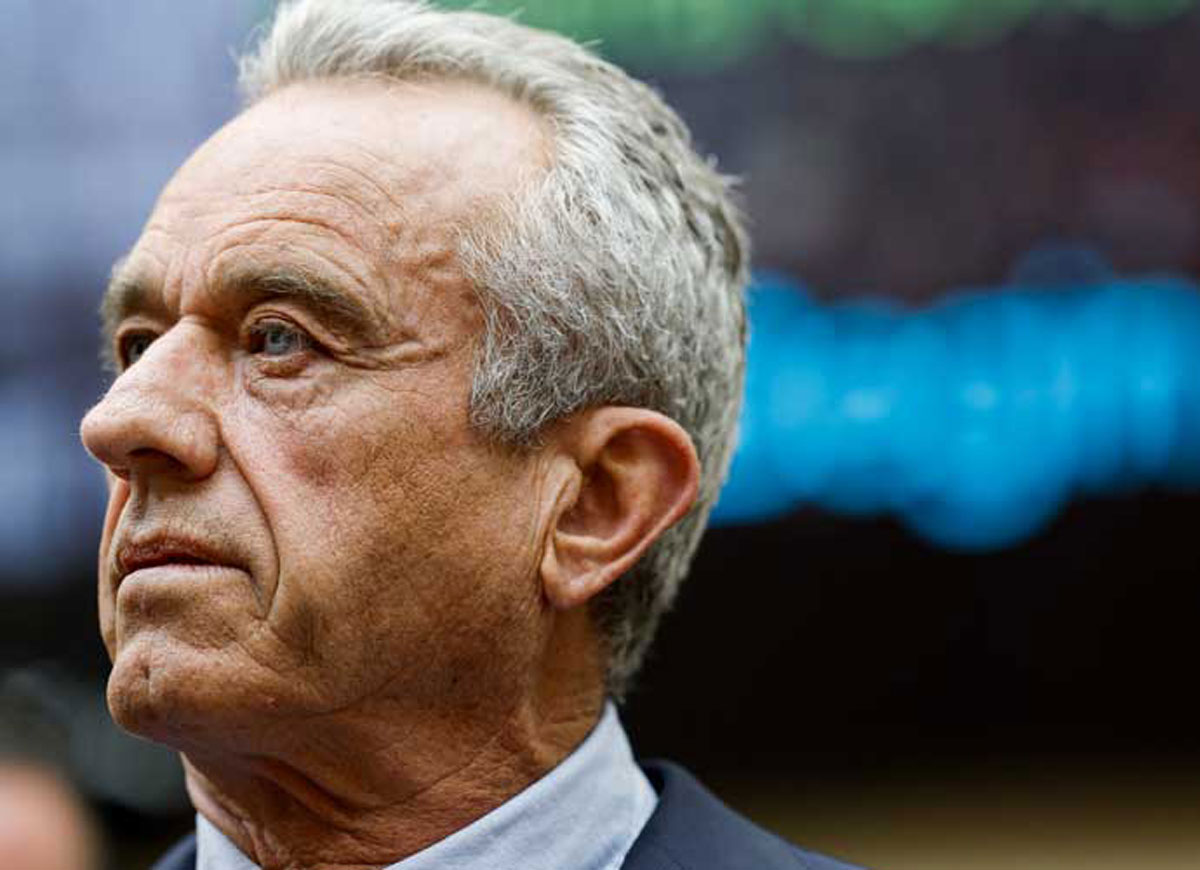FDA Cancels Meeting To Discuss Updates To Next Season’s Flu Vaccines After Vaccine-Skeptic RFK Jr. Takes Control Of HHS
Days after the abrupt postponement of a Centers for Disease Control and Prevention (CDC) vaccine advisory committee meeting, the Food and Drug Administration (FDA) unexpectedly canceled the Vaccines and Related Biological Products Advisory Committee (VRBPAC) annual meeting.
Advisers were to discuss next season’s influenza vaccine updates on March 13. Recipients of the FDA’s notice said there was no evidence that it would be rescheduled.
Shortly after Robert F. Kennedy Jr. took over as head of the Department of Health and Human Services, which oversees both the FDA and the CDC, members of the FDA’s committee on vaccines received an email informing them that their upcoming meeting to determine which flu strains to include in the next flu shot was canceled. Kennedy, who has criticized vaccines in the past, has consistently raised concerns about their safety and points out what he sees as conflicts of interest in the vaccine review and approval process.
The move comes just a week after HHS pulled a major flu vaccination ad campaign.
Subscribe to our free weekly newsletter!
A week of political news in your in-box.
We find the news you need to know, so you don't have to.
An FDA spokesperson told reporters the agency would make its recommendations to manufacturers public in time for updated vaccines to be available for the 2025-26 influenza season. No reason was given for the cancellation.
“We’re all left trying to understand what is going on. Why was this meeting canceled? It’s an important meeting. What’s the plan for flu vaccines this year,” Dr. Paul Offit, a member of the FDA advisory committee and director of the Vaccine Education Center at Children’s Hospital of Philadelphia, told CBS News. Offit has been a member of the committee since 2017. Not having a discussion and incorporating advice from independent experts “is worrisome,” said Offit, who has also served on ACIP. “We are getting the sense that expertise isn’t really valued.”
The CDC’s vaccine committee, the Advisory Committee on Immunization Practices (ACIP), meets several times a year to make recommendations for the childhood and adult vaccine schedule. These discussions are based on the approval of a vaccine or updates to the strains in a vaccine, typically discussed at the FDA’s annual meeting.
Without the work of both the FDA and CDC committees, the message is that “doctors and parents should figure it out for themselves,” Offit said. “But there are things discussed at these meetings that most physicians in private practice aren’t going to intuit on their own. That’s why they look to the advisory committees to help give them advice and provide that information.”
Get the most-revealing celebrity conversations with the uInterview podcast!






Leave a comment